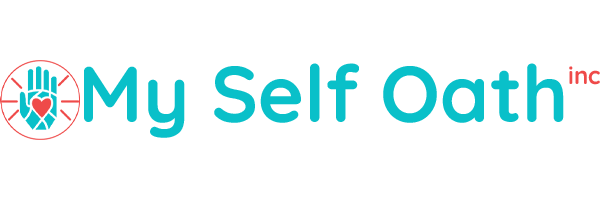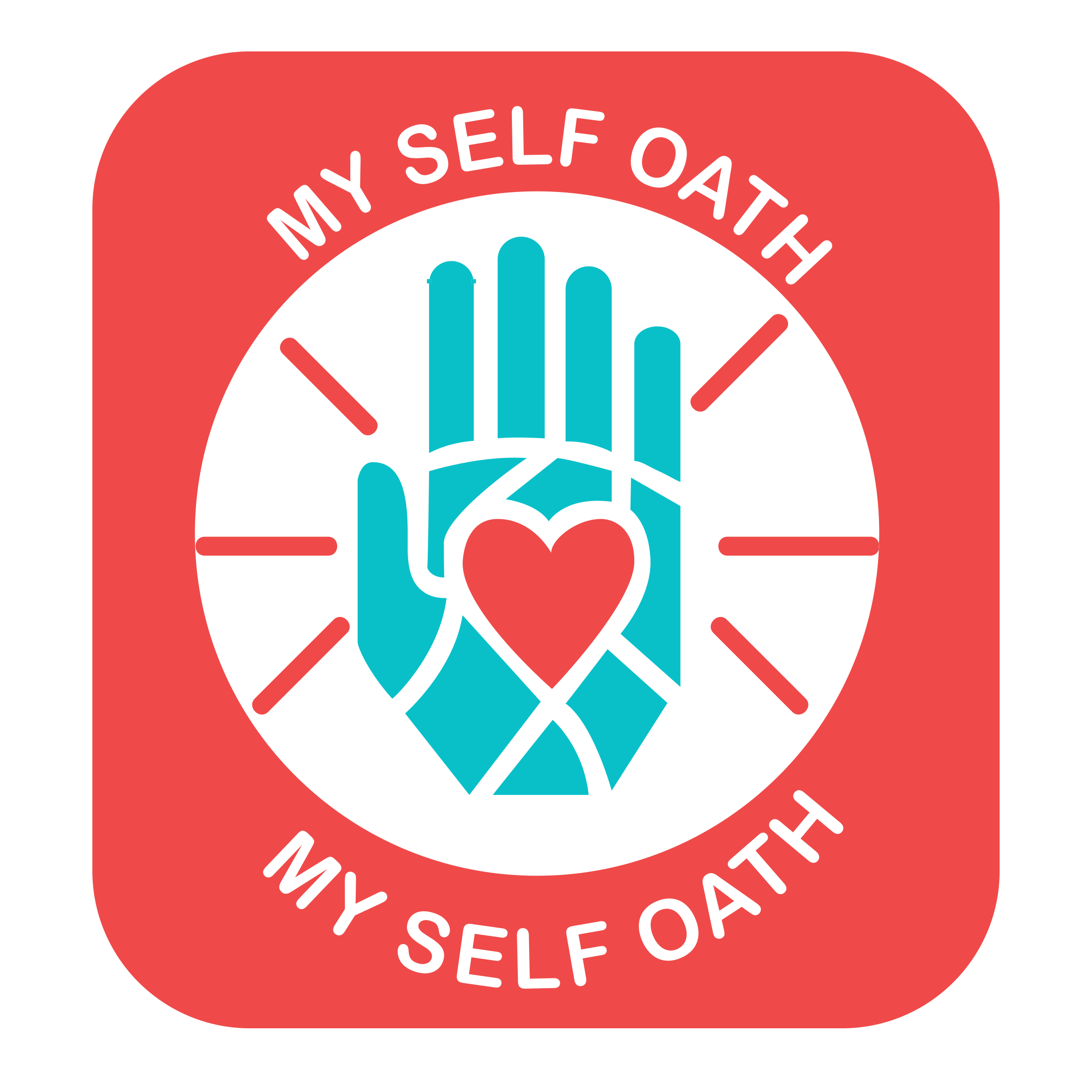What is a Substance Use Evaluation?
A Substance Use Evaluation, also known as a drug and alcohol evaluation, is a process that takes place between an individual and an addictions counselor. The goal of the process is to assess whether or not an individual’s alcohol and/or drug use is a problem. There are three categories of alcohol and drug use: social use, abuse, and dependence.
Social alcohol and/or drug use is quite common in our society. Many people have the ability to use alcohol and/or drugs in moderation on an occasional basis. These individuals do not suffer consequences as a result of their alcohol or drug use.
Alcohol and/or drug abuse is also quite common in our society. These individuals use alcohol and/or drugs on a regular basis, often but not always using an excessive amount. Their lives are generally going well but there tend to be some consequences of their alcohol or drug use, perhaps in the areas of relationships, health, legal, or occupational issues.
Depending on the current statistics, alcohol and/or drug dependence affects about 5%-8% of the population directly, with significant additional numbers being affected either directly or indirectly by someone else’s use. These individuals regularly use an excessive amount of alcohol and/or drugs and continue to use those substances in spite of significant consequence to all areas of their lives.
When a substance abuse evaluation is completed and it is determined that there in an alcohol and/or drug problem, the addictions counselor will be responsible to determine a diagnosis and to make treatment recommendations that best meet the needs of the individual. Treatment recommendations will not be the same for each individual; they should be personalized based on each individual’s unique history, current situation, strengths, and current needs.
When is a Substance Abuse Evaluation Utilized?
Although an alcohol and drug evaluation can be obtained any time there is a concern, there are three obvious types of situations that may require a substance abuse evaluation. Those situations are:
Legal Situations where the individual finds themselves involved in a court process such as:
- Driving While Ability Impaired
- DWAI Driving Under the Influence (DUI)
- Custody dispute
- Arrest for other crimes where the individual was intoxicated
Concerned Friends or Family Members who are willing to bring up the issue such as:
- Parents who suspect alcohol and/or drug use in a dependent or non dependent child
- A spouse who requests an evaluation because they observe that the substance use is causing problems for the individual
- Adult children who suspect alcohol and/or drug use in a parent
- If an individual is reluctant to seek treatment but open to completing an evaluation for the purposes of further discussion
Employment situations where the employer has observed any of the following behaviors:
- High absenteeism
- Erratic behavior
- Frequent and unpredictable mood swings
- Coming to work intoxicated
- Drinking on the job
- Positive random drug screens
Substance Use Evaluation
- Utilized for family court processes such as custody evaluations, DUI’s, DCF, etc…
- All meetings are virtual for 60 minutes per session
- Collateral contacts
- Gathering and evaluation of outside paperwork including the following:
- Original court paperwork
- Alcohol and/or drug screening results
- Previous or current treatment records
- Motor vehicle report
- Medical history
- Medication History
- Multiple page report including information about the data gathering process, instruments used, clinical assessment and treatment recommendations
What is the actual process of a Drug and Alcohol Evaluation?
The evaluation interview is a face to face process that has the client completing several tasks including:
- Completing the legal paperwork
- Participating in a virtual individual discussion with the addiction counselor
- Filling out nationally recognized and validated screening tools
- Obtaining the answers to any questions
- Completes testing for alcohol and drugs
Basic information gathered during an alcohol and drug evaluation includes:
- Demographics
- Family background
- Social history
- Occupational history
- Legal history
- Medical history
- Mental health history
- Substance use history and patterns
- Client responses and reactions to the interview process
- Observation for mood, behavior and mental status
- Risk assessment
The addiction counselor then evaluates all of the gathered data and does the following:
- Determines an appropriate diagnosis and treatment recommendations
- Compiles a written report
- Discusses the evaluation and the treatment recommendations with the client
- Distributes the written evaluation to the client and the referral source
- As appropriate, makes a phone call to the recommended treatment center once the client is enrolled
Treatment recommendations could include:
- No Services needed at this time
- Monitoring for further assessment
- Outpatient Education Services
- Community Support Groups
- Individual Outpatient Counseling
- Group Therapy
- Intensive Outpatient Program (IOP)
- Partial Hospitalization or Day Treatment
- Detoxification
- Inpatient Treatment


